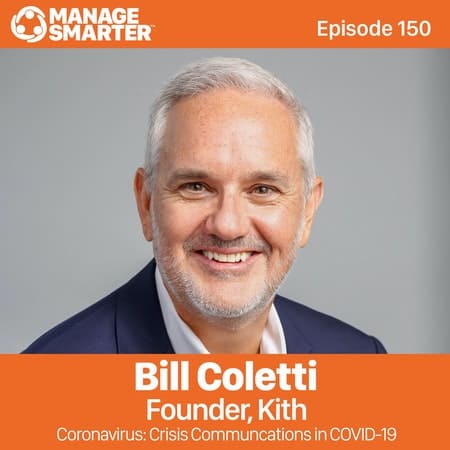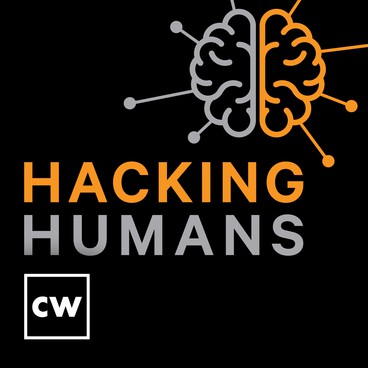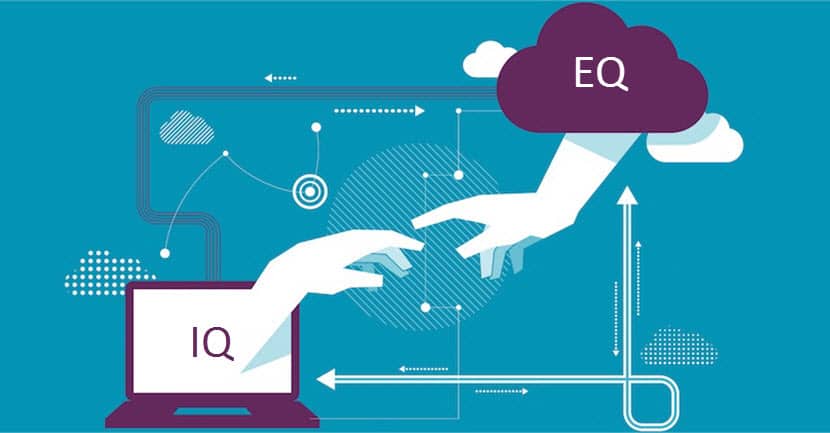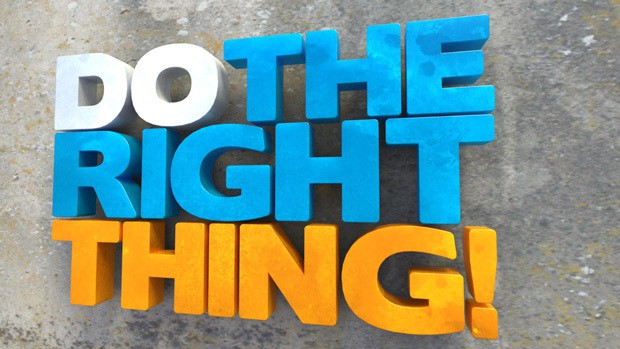Crisis Leadership Blog
Insights and perspectives on being the lighthouse during a crisis.
Creating Positive University Reputation During Crises
Over the past six months, most institutions have managed to pivot their operations to deal with the pandemic. However, there probably will be more mergers in the future due to enrollment declines this year along with the upcoming enrollment cliff.

Mastering Risk Management
This episode highlights the critical need to manage a crisis. Whilst you hope to never need it, you must prepare for one regardless. My guest, Bill Coletti, helps organizations think through what they need to do to be prepared.

Manage Smarter: Coronavirus Crisis Communications
Join hosts Audrey Strong and C. Lee Smith as they speak with Kith founder Bill Coletti on Crisis Communications in the current pandemic.

Thankful in a Thankless Year
I’m thankful that so many strategic communicators and companies have recognized the critical importance of “always be communicating” with your audiences who matter most.

Hacking Humans: The Public’s Expectations are Changing
Converstation with Bill Coletti, crisis communications and reputation management expert at Kith, and author of the book Critical Moments: A New Mindset for Reputation Management.
By definition, Kith means a cadre of peers who shape opinions and attitudes while instilling sophisticated habits for action. As a way to live this value, we like to share resources that are building blocks to good crisis management and can help you start the path of protecting your reputation.
More Recent Insights

Crisis Edges
Critical takeaways Situations in nature that appear to have clear edges are often more complex and blurry at the boundaries. This is the same in a crisis where there isn’t as clear a start and end as we might think. Thinking about crises as ‘edgeless’ allows us to learn more which improves our crisis response and may even prevent similar situations in the...

Crises as infinite games
Critical takeaways Infinite games are games where the objective is to excel and to pursue a worthy goal over the long term. Finite games with set structures and a winner/loser are limiting and ill-suited to long-term success. These two ideas are encapsulated in Simon Sinek’s book The Infinite Game and Sinek’s ‘infinite’ mindset is very similar to what we...

2018 Blog Recap
In addition to seeing what we can learn from the biggest issues of year, at Kith, we also like to conduct an annual review of our own writing. This is a good opportunity for us to reassess our thinking and to make sure that our core values and beliefs are properly reflected in our writing. I wanted to share these with you as an end-of-year recap of our...

2018 Crisis Year in Review
Critical takeaways Social media still matters. Companies must have a presence and use these platforms in a crisis. Pre-closure is the new disclosure. Be proactive, ‘take the trash out’, be clear about what you stand for and get out in front of the issue. Data breach is a waning public concern but still needs to be appropriately managed. These situations...

Crises Require Active Engagement
Critical takeaways Success in a crisis requires active engagement by the organization's senior leadership. Active decision-making is key to success and this is supported by active monitoring of the media landscape. Active preparation shouldn't be mistaken for overreaction. The eventual decision could still be ‘do nothing’ but an active stance ensures you...

Crisis EQ versus Crisis IQ
The best crisis managers I have seen have both a high Crisis IQ and a high Crisis EQ.

Staying on course: follow your crisis rhumb line
Critical takeaways In sailing, the rhumb line is the shortest, most direct route between Point A and B. However, external factors such as tides, weather or obstacles seldom allow ships to take this direct route, and they must compensate for these factors. Businesses in crisis also need a clear sense of their endpoint - the Point B on their crisis rhumb...

Confidence in Crisis: The Confident Communicator
Four ways to help overcome misplaced confidence while also allowing you to remain confident despite the uncertainty in a crisis

The Keto Diet for Crisis Readiness
Critical takeaways Like our diets, we can take different approaches to how we prepare for crises. Many companies have a high-carb, ‘junk food’ approach to crisis preparedness which generates a short-term ‘sugar-high’ but little sustainable benefit. Unlike high-carb diets, a keto diet advocates a higher fat intake to help generate a long-term, sustainable...

Doing The Right Thing: How to Make Ethical Decisions
Critical takeaways Knowing the right thing to do in the run up to or aftermath of a crisis can be difficult. A process for ethical decision-making is needed to overcome these challenges. Immanuel Kant’s philosophy - based on the four pillars of autonomy; the categorical imperative; ethical considerations; and symmetrical communications - provides an...
The Kith Method
Good crisis management comes from a plan. Great crisis management comes from capability – and starts before you even smell smoke. That’s why we developed the Kith Method. We can help build and maintain a flexible capability that works for you.
Your reputation is an investment; time-consuming and costly to build and expensive to repair. Protect it.
